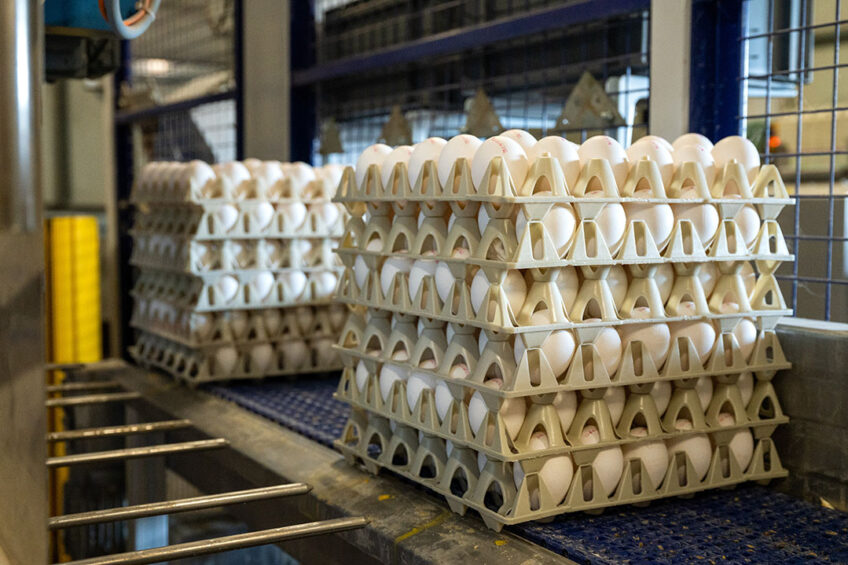Proposition 12 upheld in the US Supreme Court

The US Supreme Court has barely upheld the legality of the controversial Proposition 12, an animal welfare law passed in California in 2018.
This legislation, fully implemented in January 2022, outlines standards for confinement systems for laying hens, sows and veal calves in California. For laying hens, no cages are permitted.
However, Prop 12 also prohibits any business from knowingly engaging in the sale within the state of California of shell/liquid eggs, pork and veal derived from birds, pigs or veal calves housed in a “cruel” manner contrary to Prop 12 housing standards. This means egg producers wanting to sell eggs into California must comply with Prop 12.
California is big business
The state of California has the largest population (almost 40 million people) of any state. It’s hard to determine how many eggs are produced in the state or shipped in from other states. TheAssociation of California Egg Farmers had strongly opposed the timeline for implementation of Prop 12 on its website, but no contact information was given for further inquiry. And now, the association seems to have dissolved.
Tyson Foods and Hormel Foods, which are 2 of the largest US poultry companies, have agreed to comply with Prop 12 – the latter, as far back as October 2020.
In July 2021, the United Egg Association’s (UEA) Further Processors Division, which represents firms that process eggs into food products, sent a letter to the California Department of Food and Agriculture asking for clarifications related to Prop 12, but stated: “Our members are committed to complying with the regulations.”
Future challenge?
The decision of the US Supreme Court to uphold Prop 12 was close: 5-4. However, one of the dissenting judges, Chief Justice Kavanaugh, noted that the Court’s decision could be challenged in the future.
He stated in his opinion, which accompanies the Court’s decision, that although the Court “rejects the plaintiffs’ dormant Commerce Clause challenge as insufficiently pled, state laws like Proposition 12 implicate not only the Commerce Clause, but also potentially several other constitutional provisions, including the Import-Export Clause, the Privileges and Immunities Clause, and the Full Faith and Credit Clause.”
He added: “In other words, if one State conditions the sale of a good on the use of preferred farming, manufacturing, or production practices in another State where the good was grown or made, serious questions may arise under the Import-Export Clause. I do not take a position here on whether such an argument ultimately would prevail. I note only that the question warrants additional consideration in a future case.”












